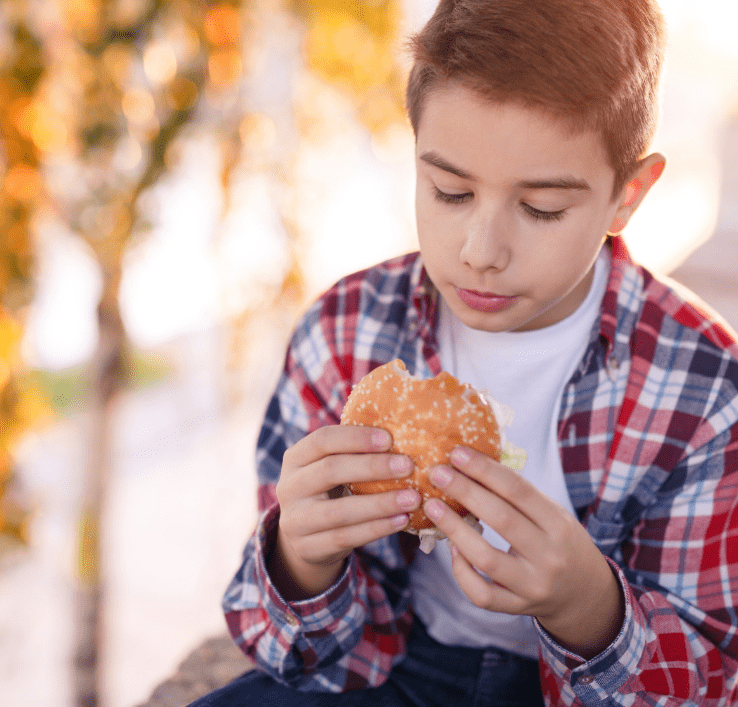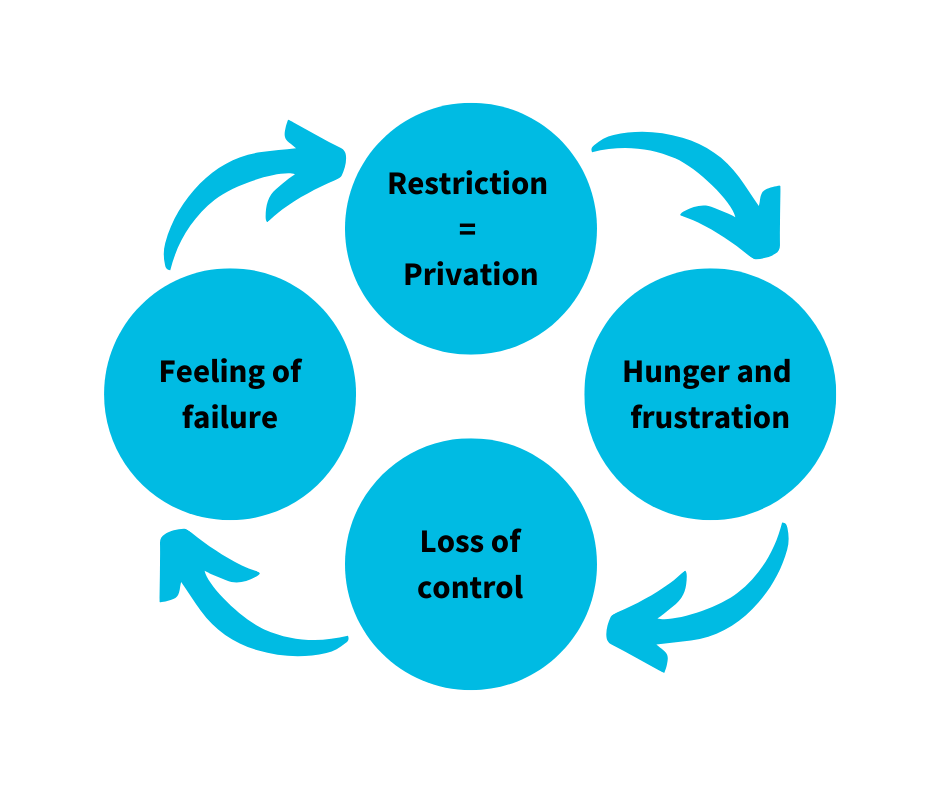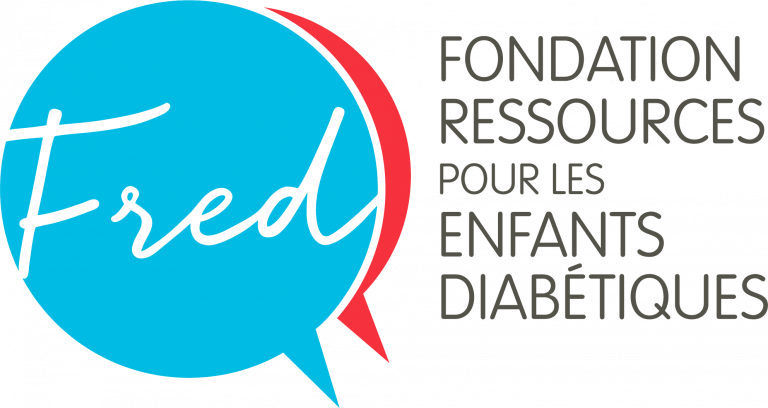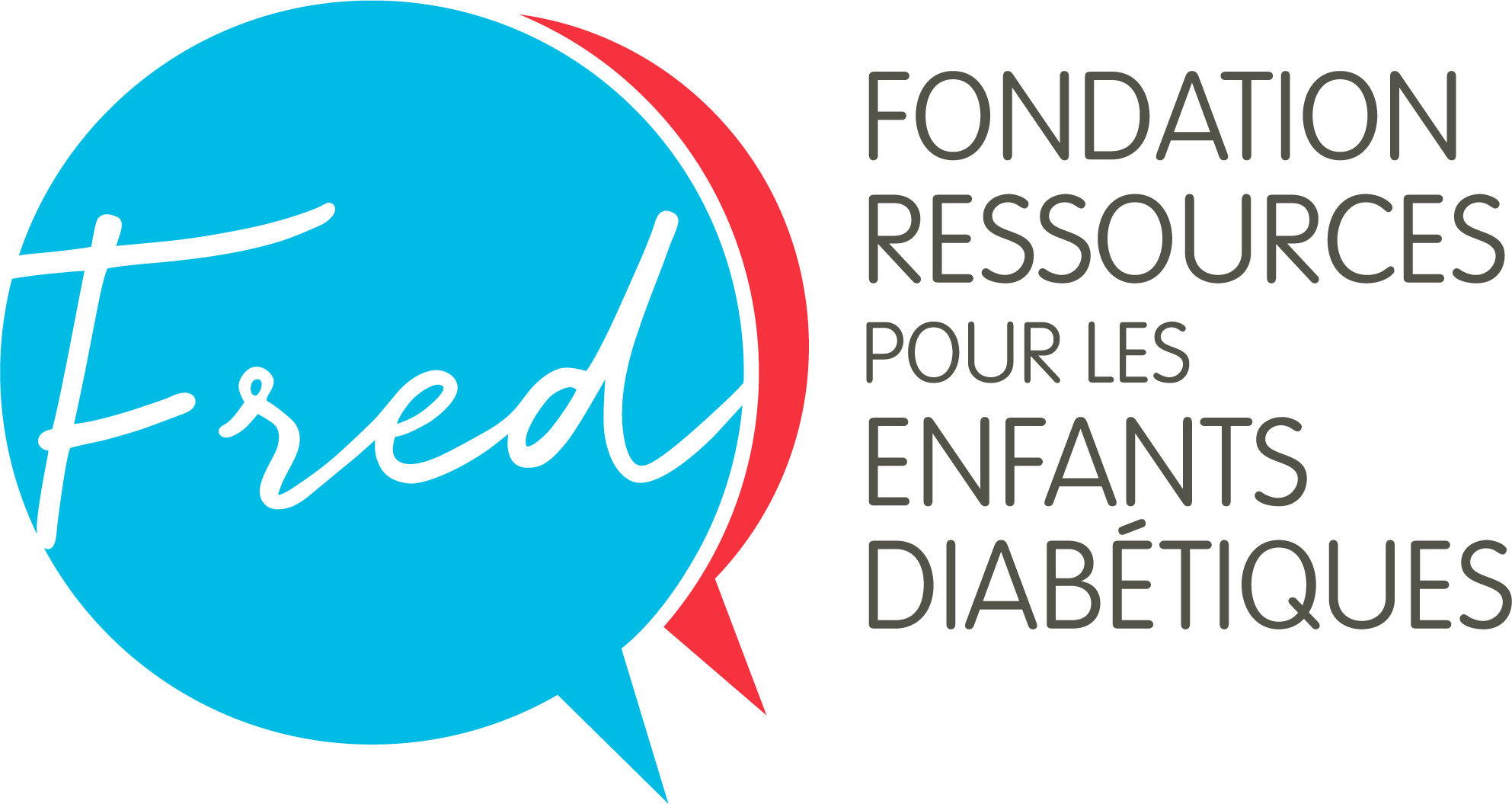type 1 diabetes- alimentation
Loss of control of your eating habits
Home / Type 1 diabetes / Loss of food control
How does this loss of control occur?
Do you feel like your diabetes is preventing you from eating the foods you like? Do you regularly feel out of control with food, especially carbohydrates?
It is very common to think that carbohydrates should be automatically eliminated when you have diabetes and I want to help you understand why this is not a realistic approach in the long term.
The Vicious Cycle of Restriction
Why are you losing control?
Your brain is a major consumer of glucose, which comes from digesting carbohydrates. It uses almost half the carbohydrates your body needs in a day. When it runs out, it will do whatever it can to get more. One way to do this is to make you think about food, mainly carbohydrate sources.
The more you avoid carbs, the more you think about them! It’s not a lack of willpower on your part, but more like your brain is in survival mode and makes you think about carbs ALL THE TIME in hopes that you will feed it its favorite energy source. Hypoglycemia is a good example of your brain doing its job of detecting a drop in sugar and making you feel hunger (intense).

Ton cerveau est un grand consommateur de glucose, lorsqu’il en manque, il te fera penser aux sources de glucides
How do you get out of it?
It is possible to break this vicious cycle by first stopping the food restriction. Even with diabetes, it is important to eat a variety of foods, including carbohydrates, because your body needs energy and a variety of nutrients to function. Eliminating whole food groups from your diet can put you at risk for deficiency and contribute to that feeling of deprivation.
If you’ve been avoiding carbohydrate foods for a while, it’s normal to feel like you don’t know how to manage them with your insulin. If this is the case for you, ask your medical team to walk you through the process and remember that experimenting is the key to seeing how your blood sugar reacts with these foods. If your fear of eating these foods is too great, don’t hesitate to seek the help of a psychologist and/or a nutritionist.
Don’t forget! The more you expose yourself to these “forbidden” foods, the more your obsessive thoughts about them will diminish, with the added bonus of increasing your confidence in managing them with your diabetes.


Source
By Maude Lafontaine, Nutritionist specialized in type 1 diabetes
You can follow the author on her Facebook page “Maude Lafontaine Nutritionniste”, where she regularly shares content on nutrition and diabetes without a restrictive and guilt filled speech.



